Veolia has successfully completed the first phase of vehicle-to-grid (V2G) trials involving its electric refuse trucks.
The trials will enable waste collection trucks to power UK homes by feeding back stored energy from their batteries to the grid.
With their batteries six times larger than those in an average electric car and the fleet usually parked at peak energy consumption times for the National Grid, they could provide the ideal energy source by using V2G technology.
Veolia plans to electrify all of its 1,800 refuse collection vehicles (RCVs) operating in the UK by 2040.
It estimates that the electrification of its fleet will enable the company to provide to the grid around 200 megawatts (MW) of flexible power capacity daily, the equivalent of the evening peak energy demand of more than 150,000 homes.
At its ‘Deep Dive Energy’ event in London, Veolia revealed that the first phase of the trial has been successfully completed, enabling 110 KW of energy to be charged and discharged from two specially designed bi-directional vehicles.
The energy discharged was enough to supply power to 110 households for more than two hours during peak evening hours.
Veolia now plans to expand the trial and test it out on the streets, using Westminster council collection vehicles to pilot the innovation.
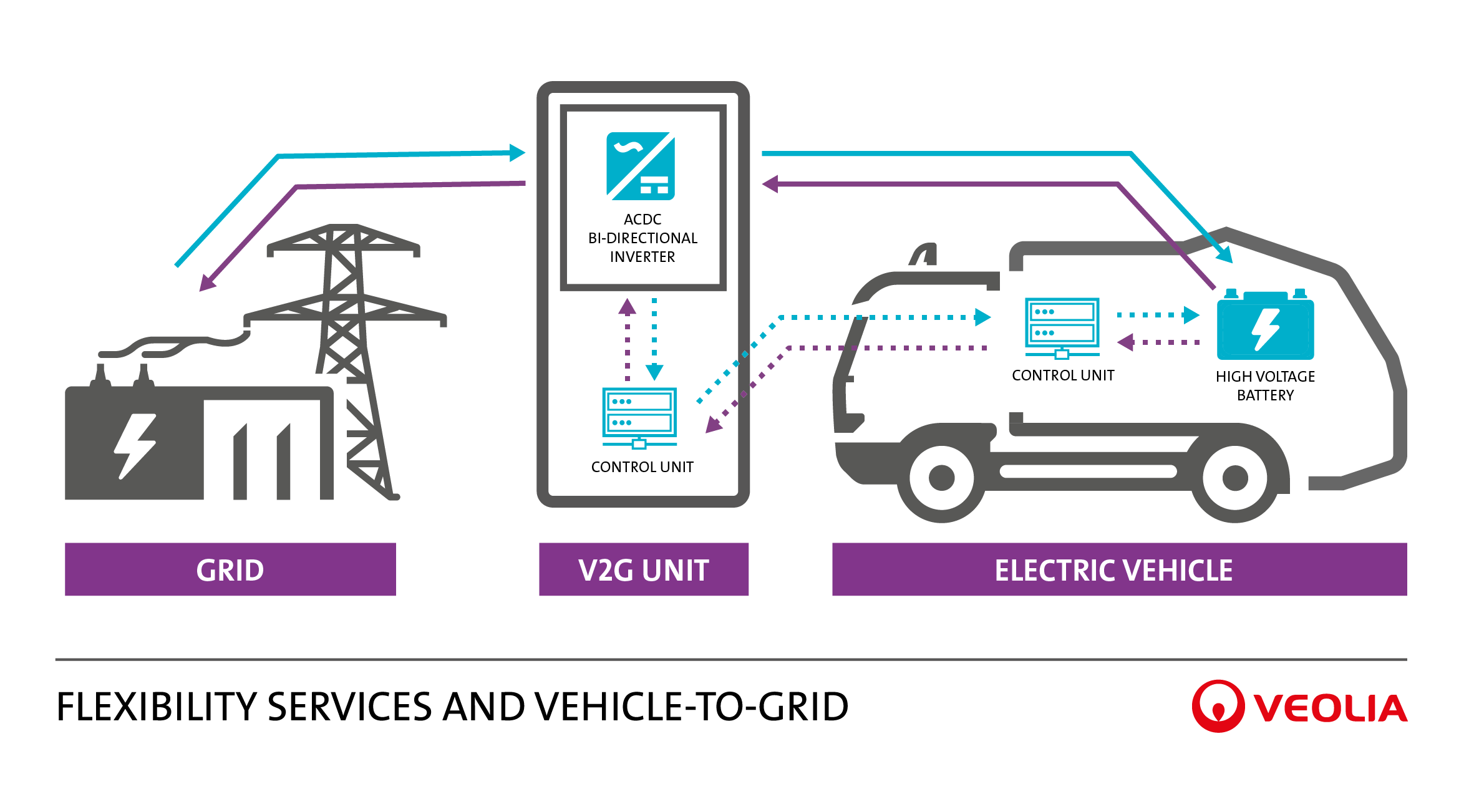
Estelle Brachlianoff, CEO of Veolia, said: "We need to innovate in local decarbonising energy and transform our traditional approaches to take advantage of untapped sources.
“This requires a change of mindset and a collective willingness to rethink the way we produce, distribute and consume energy.
“The success of the V2G demonstration illustrates this perfectly. By enabling electric vehicles to become active players in the power grid, we are harnessing their potential to balance energy supply and demand, reduce carbon emissions and promote renewable energy.”
Veolia is working on the V2G project with EV charger manufacturer, Turbo Power Systems (TPS), vehicle repower company Magnetic Systems Technology (Magtec) and EV charge point management software provider Fuuse, with support from technology provider, Advantics.
Veolia says it will also maximise the use of energy from its waste-to-energy plants to power its vehicles, creating a circular loop. This will include the Landmann Way vehicle depot in North London, powered by low-carbon electricity from the SELCHP plant.
The company operates 10 energy recovery facilities in the UK. These facilities take around 2.3 million tonnes of non-recyclable waste and transform this into electricity for more than 400,000 homes.

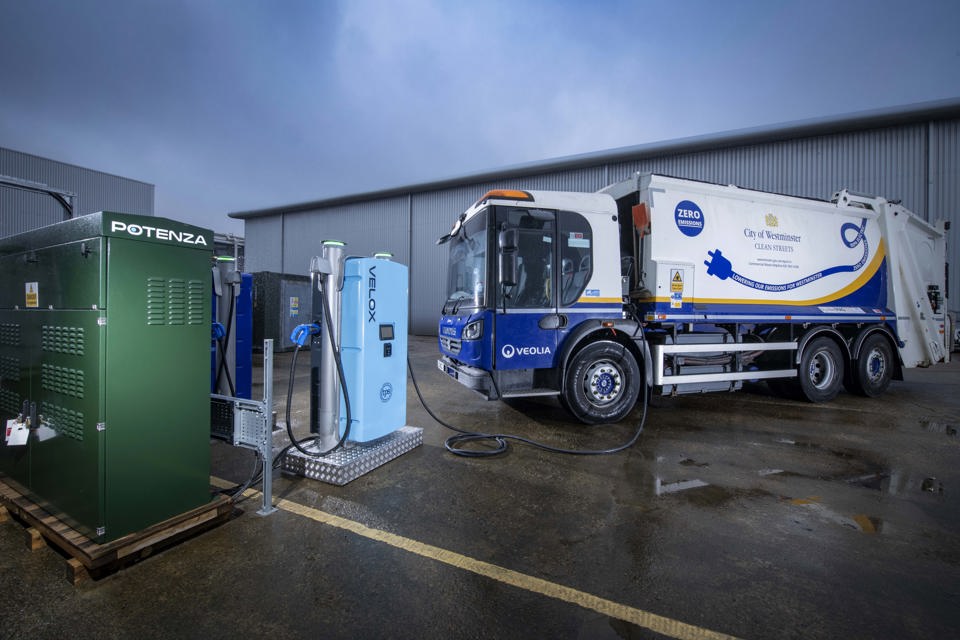




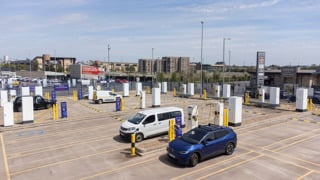
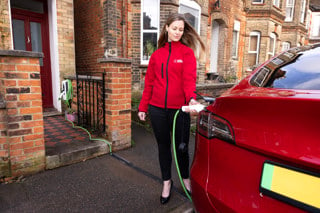

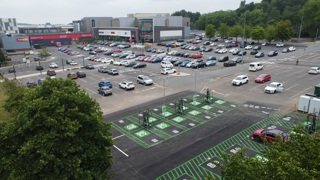












Login to comment
Comments
No comments have been made yet.